The Dutch government has taken the extraordinary step of grabbing emergency control over Nexperia, the Chinese-owned chipmaker headquartered in Nijmegen, saying it needs the power to block or unwind company decisions that could jeopardize Europe’s tech security.
Announced late Sunday, The Hague invoked the rarely used Goods Availability Act to give itself veto rights over major moves at Nexperia — everything from asset transfers to top hires now requires government sign-off. It’s not a nationalization: production continues, management stays in place, and day-to-day operations carry on. But for anything strategic, the state has the final say.
Officials say “acute” governance problems at Nexperia triggered the intervention, warning that a loss of “crucial technological knowledge and capacity” on Dutch and EU soil would be unacceptable. Read that as fear of tech leakage to Nexperia’s owner, Shanghai-listed Wingtech, and — by extension — China. Nexperia is a vital supplier to Europe’s carmakers and electronics firms; keeping its products available “in an emergency” was part of the justification.
Wingtech blasted the move as “excessive interference” driven by geopolitics, not facts, and said it’s appealing to Beijing for support. Its shares plunged more than 10% in Shanghai. The company also confirmed its chairman, Zhang Xuezheng, was suspended from Nexperia’s boards by a Dutch court earlier this month, with an independent director set to wield a deciding vote.
This isn’t Nexperia’s first run-in with European scrutiny. In 2022, the UK forced it to sell a Welsh fab on national-security grounds. Last year, the Dutch screened (then cleared) its purchase of local startup Nowi. And across the Atlantic, Wingtech landed on a US export blacklist in late 2024, tightening the screws further.
Politically, the Dutch move lands in the middle of an escalating chips cold war. Europe is trying to onshore more semiconductor capacity while navigating between US export controls and China’s push for tech self-reliance. Brussels signaled support for The Hague’s stance, framing it as part of the EU’s broader “economic security” strategy. Beijing, for its part, is unlikely to shrug off a European government effectively putting a Chinese-owned chipmaker under guardianship.
Bottom line: The Netherlands hasn’t seized Nexperia — but it has strapped on a safety harness. Any big decision now runs through The Hague, and that’s a clear message to Chinese owners of strategic tech assets across Europe: the state will step in if it thinks the crown jewels might walk.
Politico, CNN, BBC, and Bloomberg contributed to this report.
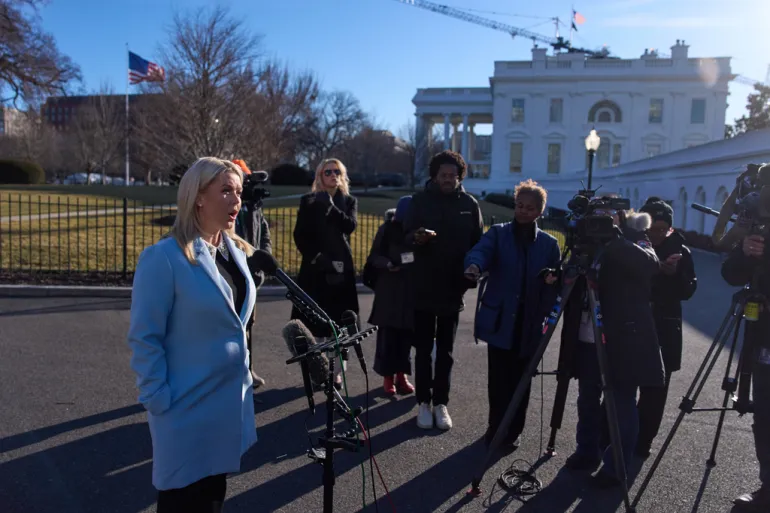
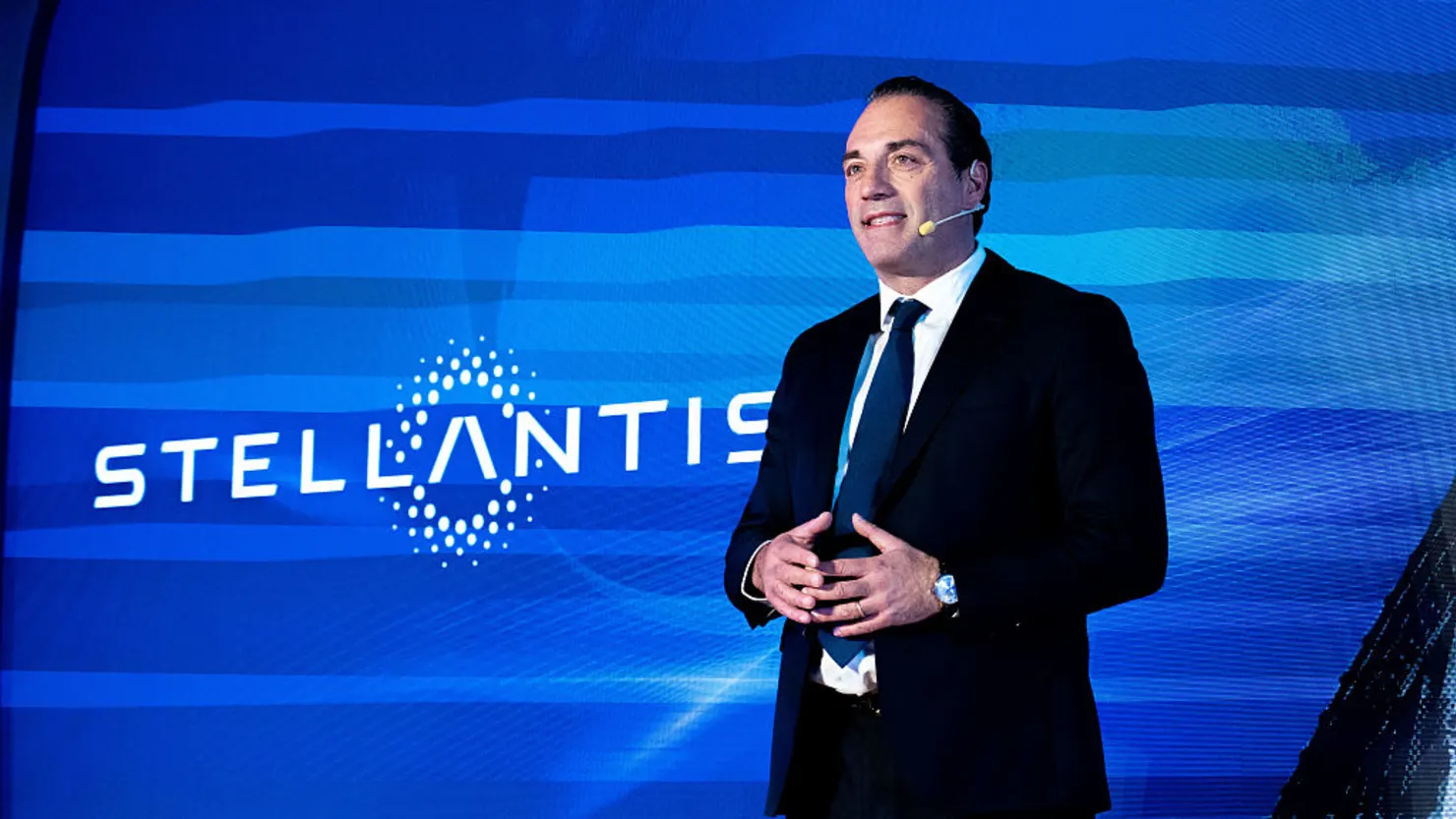
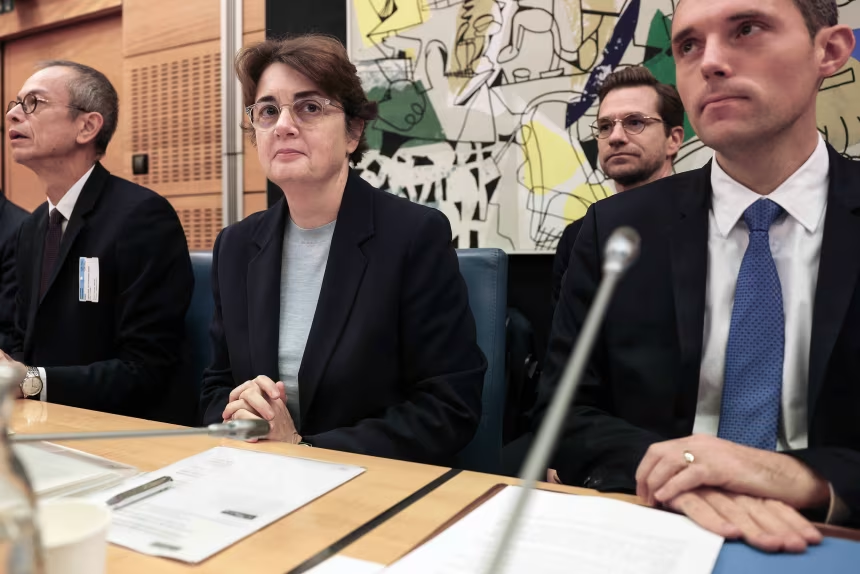

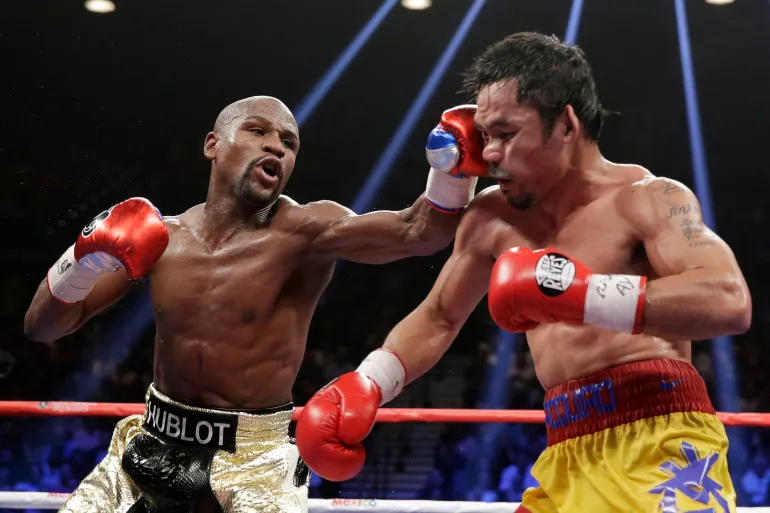




The latest news in your social feeds
Subscribe to our social media platforms to stay tuned